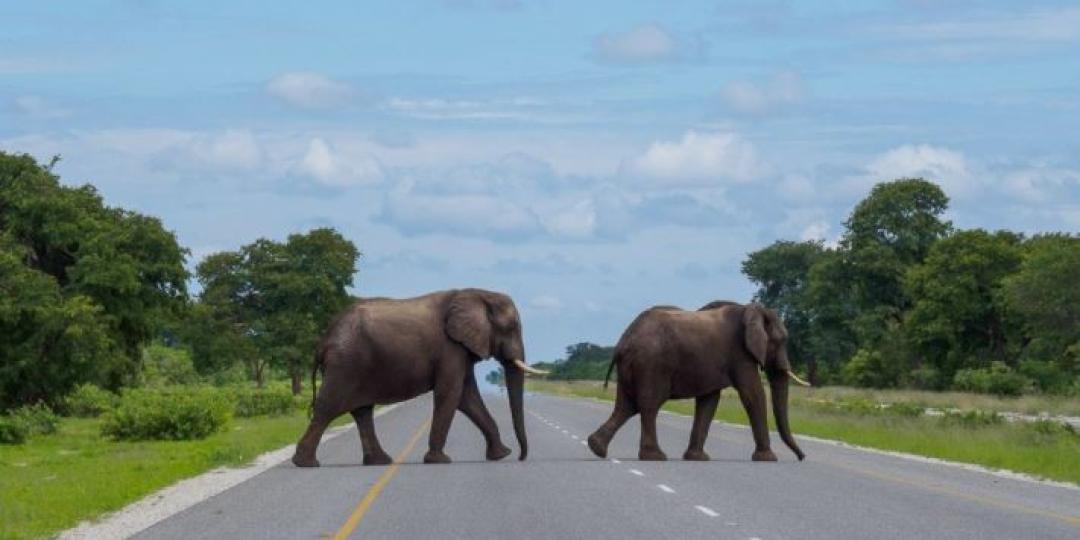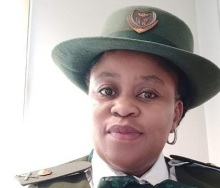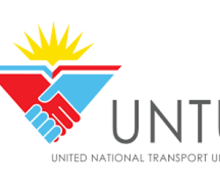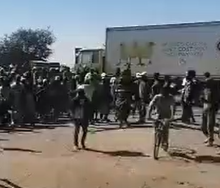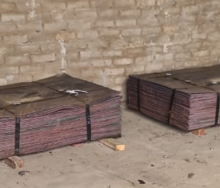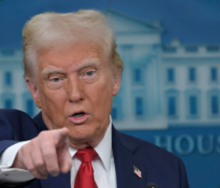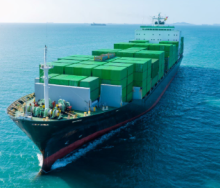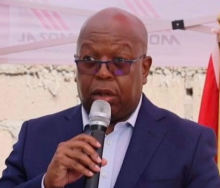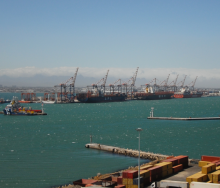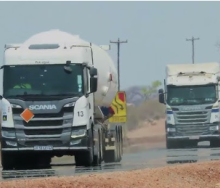A slew of specialists have weighed in on the conversation about Botswana’s intention to reserve the lion’s share of domestic courier services for local operators, all in a bid to bolster opportunities for its own logistics sector.
Should it come to pass it will limit inbound freighters to one drop-off point from which goods will have to be transhipped by approved Botswana transporters.
According to private logistics and supply-chain consultant Mike Smith, it has been on the cards for a number of years.
He said some seven years of working among transporters in South Africa’s landlocked neighbour had taught him that, despite all their enthusiasm and aspirations, it was economically impractical.
“Botswana imports over 70% of its requirements and there are few major transporters in Botswana. One major company is 100% Batswana (the collective term for people from that country), but the others have majority shareholding interest from South Africa.”
“Capital capabilities to open up a total redistribution network throughout the country would be a serious issue,” he added.
To illustrate his view he listed distances separating the sparsely populated country’s key towns and cities: Gaborone to Kang (west of the capital) and Gaborone to Francistown (north of the capital), about 400km each; locations such as Orapa, Nata and Maun, north-west of Gaborone are 500 to 1000km from Gaborone.
Gareth Lendrum, managing director of Newpark Enterprises, said it would have a significant cost implication.
“Consumers will feel the impact of increased logistics costs due to double handling and 4PL costs.”
Pieter Kruger, director at Southern African Logistics Network, said it was all ill-advised and very concerning.
“This has not been thought through. Imagine all the damages and shortages from double handling. Where does the responsibility lie for the load to be handed over? Will the Botswana hub have the correct handling equipment to do transhipments?”
Smith added that the cost of job creation would be too high for the average Batswanan. “With the buying power of the pula, numerous families are already crossing the border to do their monthly shopping.”
In the meantime transporters supplying Botswana are awaiting word from the government.
“They put out a circular and then nothing more,” said Mike Fitzmaurice, chief executive of the Federation of East and Southern African Road Transport Associations (Fesarta).
Considering that officials from Gaborone aren’t known for being forthcoming with important information, perhaps in this instance it’s a case of the less said the better.
